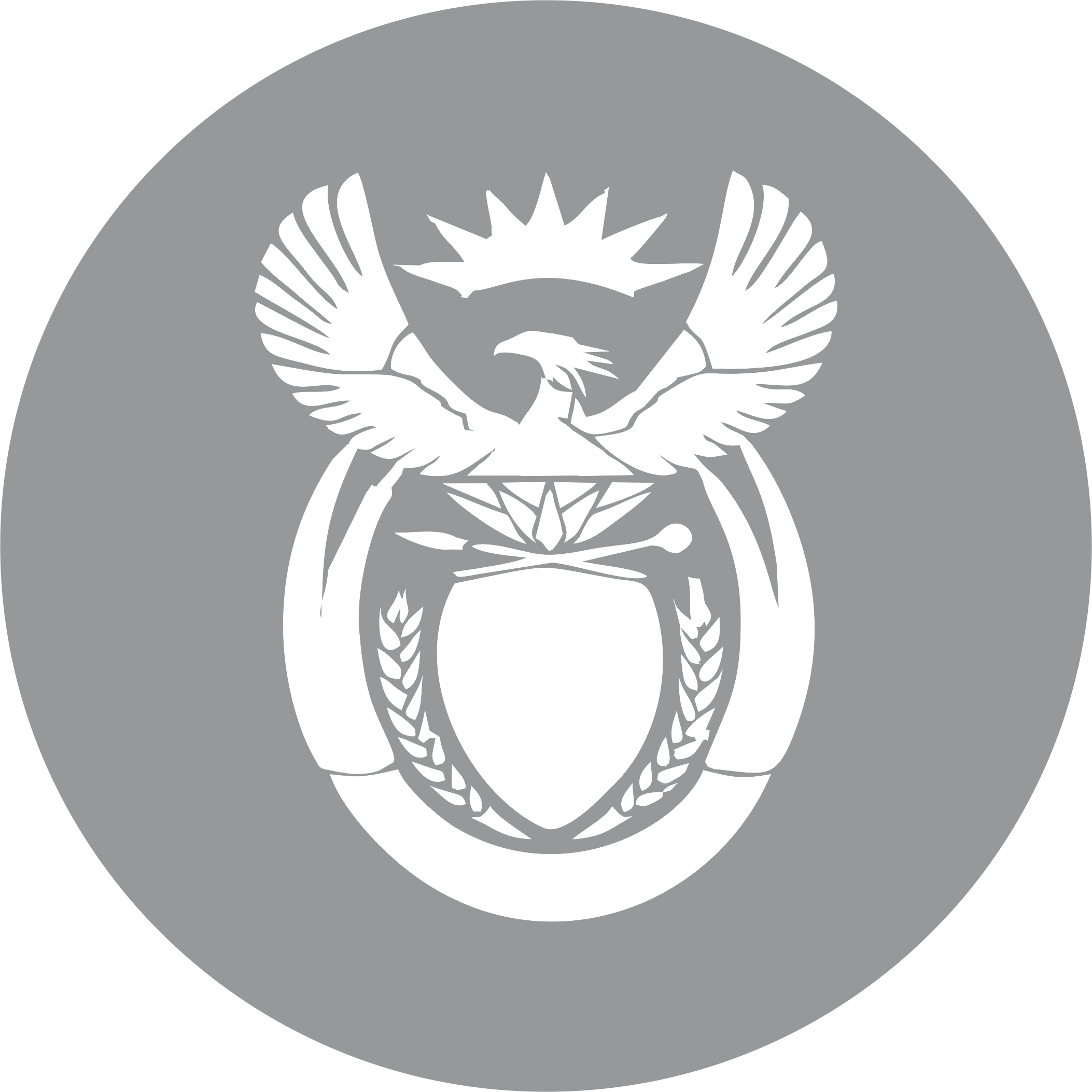
09 Feb The Role of Communication in the Job Search
The Role of Communication in the Job Search
In today’s competitive job market, securing employment extends far beyond just submitting a polished resume and cover letter. Employers are increasingly seeking candidates who possess strong communication skills, recognizing the pivotal role effective communication plays in the workplace. From initial networking interactions to final interviews, the ability to communicate proficiently can significantly impact one’s job search journey. Let’s delve into why communication skills are paramount and how they can enhance your prospects of landing your dream job.
1. Crafting Compelling Resumes and Cover Letters:
Your resume and cover letter serve as your initial introduction to prospective employers. Effective communication here involves articulating your skills, experiences, and achievements concisely and persuasively. A well-structured resume and a tailored cover letter demonstrate your ability to communicate your value proposition clearly, setting a positive impression from the outset.
2. Networking and Building Professional Relationships:
Networking remains a powerful tool in job hunting. Whether attending industry events, joining professional groups, or utilizing online platforms like LinkedIn, effective communication is key to making meaningful connections. Engaging in authentic conversations, actively listening, and articulating your goals and aspirations can foster valuable professional relationships that may lead to job opportunities in the future.
3. Navigating Job Interviews with Confidence:
Job interviews are where strong communication skills truly shine. From verbal articulation to non-verbal cues, every aspect of communication is scrutinized by employers during interviews. Clear and concise responses, active listening, and the ability to effectively convey your qualifications and enthusiasm are crucial. Additionally, demonstrating emotional intelligence by understanding and responding appropriately to the interviewer’s cues can set you apart from other candidates.
4. Follow-up:
Thoughtfully crafted follow-up emails or calls can keep you on the employer’s radar and demonstrate your professionalism and eagerness for the role.
In conclusion, effective communication is not just a desirable trait but a fundamental necessity in every stage of the job search process. From networking to interviews, and eventually in the workplace, proficient communication skills can significantly enhance your prospects of securing employment and thriving in your chosen career path.



